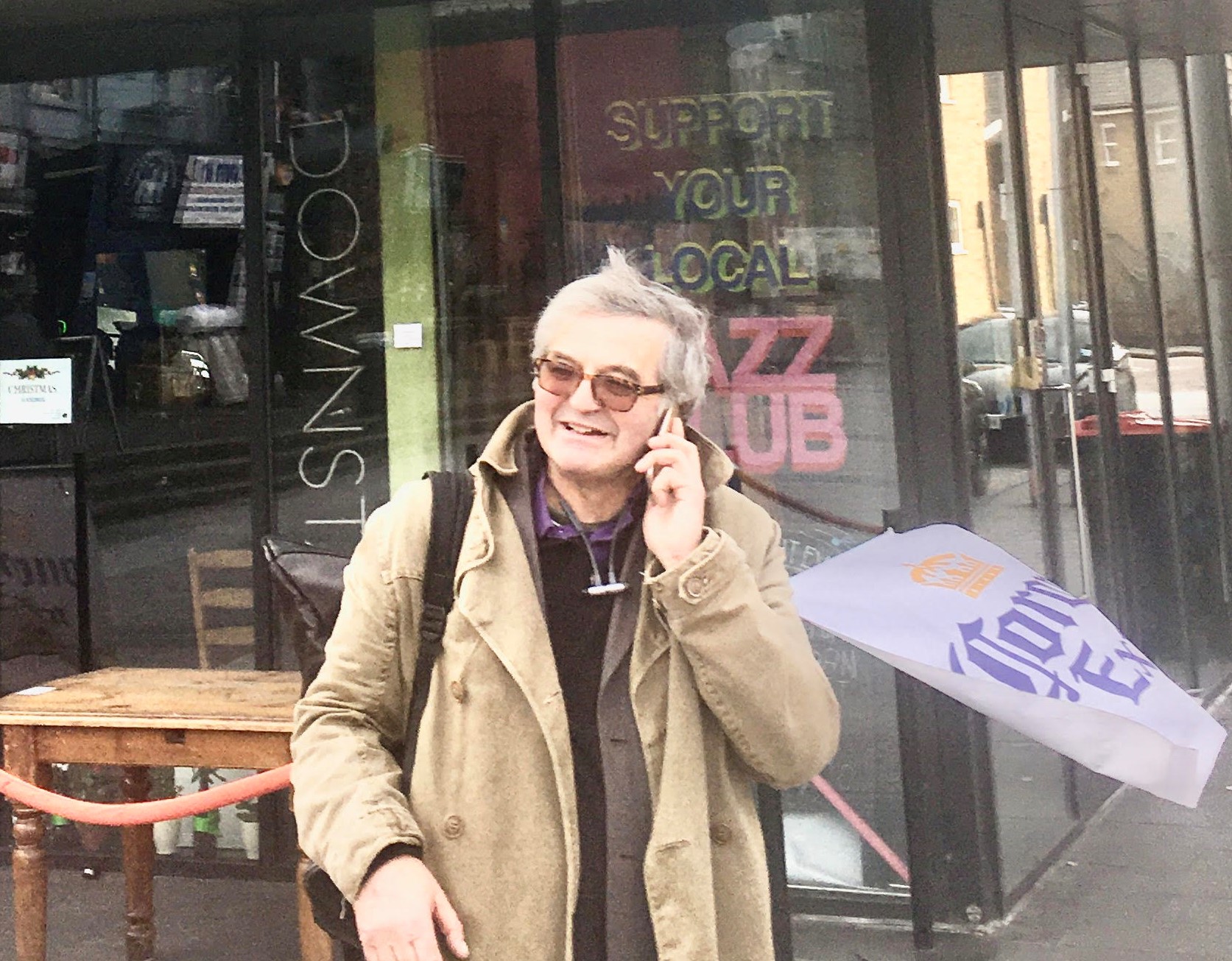Alto saxophone great Lee Konitz whose place in jazz history was secured as long ago as the Miles Davis Birth of the Cool sessions has died. His influence as a modernist on leading players decades on (eg Greg Osby, Martin Speake, Steve Lehman, Sean Payne, Mark Turner, John O'Gallagher to name only a few) is considerable. Konitz was 92. Konitz’ son Josh confirmed his father's passing to the NPR network in the US specifying that the cause of death was pneumonia related to COVID-19. Chicago-born Konitz played early on with the Claude Thornhill Orchestra and Stan Kenton’s Orchestra, and worked in significant spells with Lennie Tristano, Warne Marsh and Charles Mingus. He became an NEA Jazz Master in 2009.
In his 2007 book Lee Konitz: Conversations on the Improviser's Art (University of Michigan Press), an authority on Konitz, UK author and Durham university philosophy professor Andy Hamilton, interviews the Italian pianist Enrico Pieranunzi who comments: ‘’Konitz forces you to interact, somehow – just because of his phrasing or his approach. He puts you in a different, unpredictable territory. It’s really a kind of tabula rasa. This is very special. I remember one time, just before going onstage, he said to us, me and the bassist and the drummer, ‘Okay guys, you ready to really improvise?’ We were kind of shaken by that. We felt very free, even to play the wrong notes, to go everywhere.’’
Lee Konitz photo: Hans Peter Schaefer
Tags:
